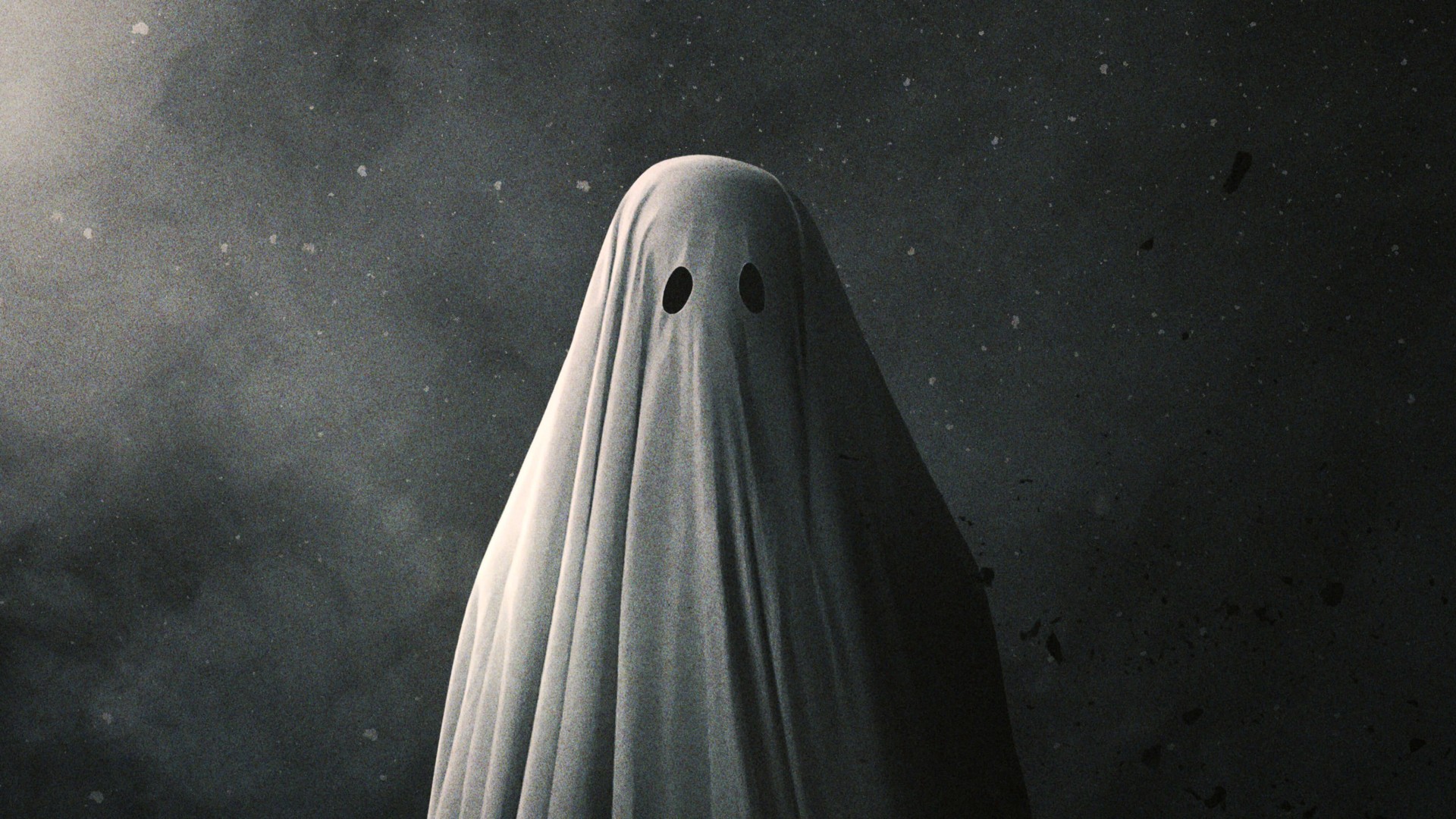Blade Runner 2049
by Hope Madden
Who’s ready to go back to the future?
No gigawatts necessary. With Blade Runner 2049, director Denis Villeneuve returns us to the hulking, rain-streaked metropolis of another generation’s LA. We ride with K (Ryan Gosling), a blade runner charged, as always, with tracking down rogue replicants and retiring them.
Things get more complicated this time around.
Gosling’s the perfect choice to play dutiful sad sack LAPD blade runner K. Few actors can be simultaneously expressionless and expressive, but Gosling’s blank slate face and long distance stare seem to say something mournful, defeated and rebellious without giving anything away.
It’s no spoiler to mention that Harrison Ford returns. He’s a welcome presence, and not simply for nostalgia. The film toys with the “is he or isn’t he?” debate that has raged for 35 years, and gives the veteran ample opportunity to contribute.
God complexes, sentience and existence, clones – Ridley Scott saw his own longtime preoccupations playing out in Philip K. Dick’s prose and now, with returning screenwriter Hampton Fancher and new teammate Michael Green (Logan), Villeneuve gets his chance.
Their take is engrossing, satisfying and impressive, though the group stumbles over a few of their ideas—particularly those that consider the female in this particular universe.
As enamored of the original as we are, Villeneuve weaves intoxicating threads and callbacks throughout—most welcome is Hans Zimmer’s periodic moaning and sighing echoes of Vangelis’s original score.
In fact, the echoes from the Ridley Scott (now executive producing) ‘82 classic almost threaten to overrun the film. There are plenty of differences, though.
Villeneuve carves out a much larger corner of author Phillip K. Dick’s universe—not quite taking us off-world, but far beyond the teeming streets, towering buildings and oppressive rain of Scott’s retro-futuristic noir. The expansive story fills the screen with breathtaking frames and immediately iconic imagery, thanks in large part to acclaimed cinematographer Roger Deakins, at the top of his game.
Few if any have delivered the kind of crumbling, dilapidating futurescape Ridley Scott gave us with his original. But between the stunning visual experience and meticulous sound design, Blade Runner 2049 offers an immersive experience perfectly suited to its fantasy.
Picking at ideas of love among the soulless, of souls among the manmade, of unicorns versus sheep, Villeneuve channels Dick by way of Scott as well as a bit of James Cameron and more than a little Spike Jonze. There’s even a splash of Dickens in there.
Sounds like a hot mess, but damn if it doesn’t work.









